Describes the assistive technology market in South Africa, including governance structures, procurement pathways, and considerations for sustainable market participation.
All Resources
Showing 1 - 10 of 454
Results are ordered by date, with most recent published resources shown first.
Use the other filters to customize your search.
Results are ordered by date, with most recent published resources shown first.
Use the other filters to customize your search.
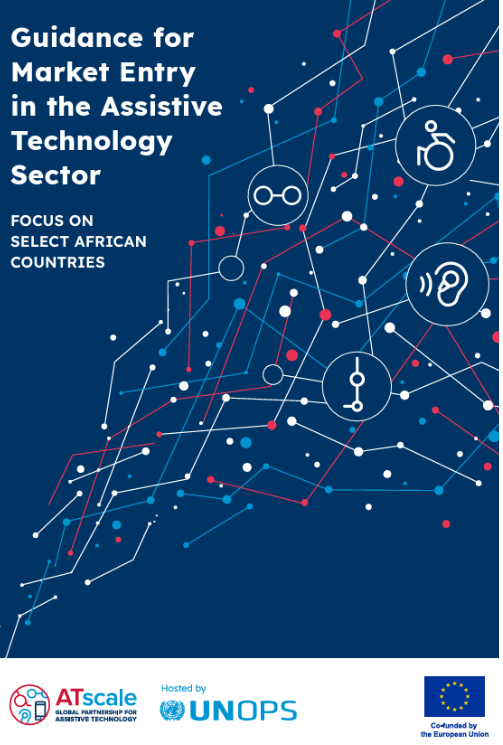
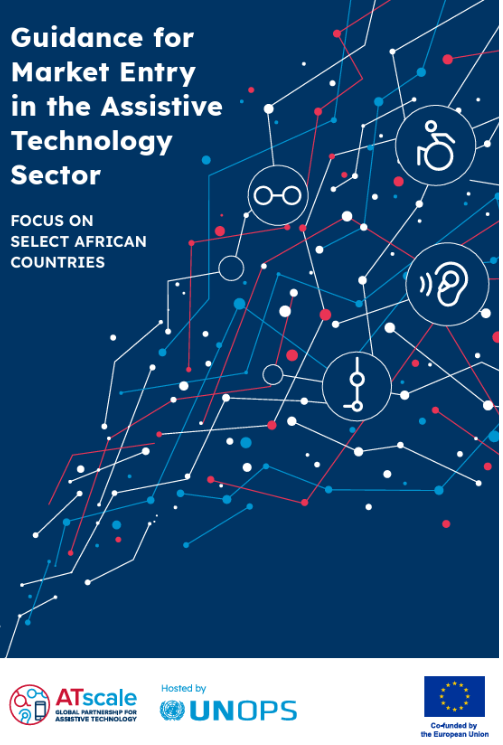
Examines the assistive technology sector in Nigeria, focusing on market dynamics, regulatory environment, and practical considerations for organisations seeking to enter or expand.
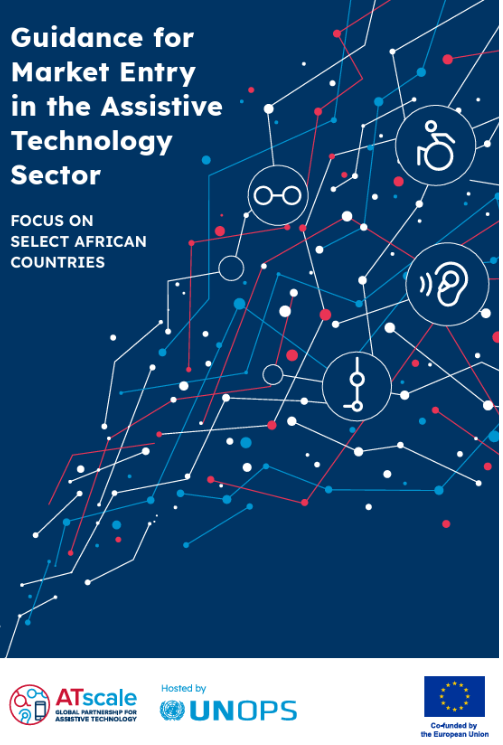
Outlines the assistive technology ecosystem in Kenya, highlighting market entry considerations, policy context, and opportunities for engagement across the AT value chain.
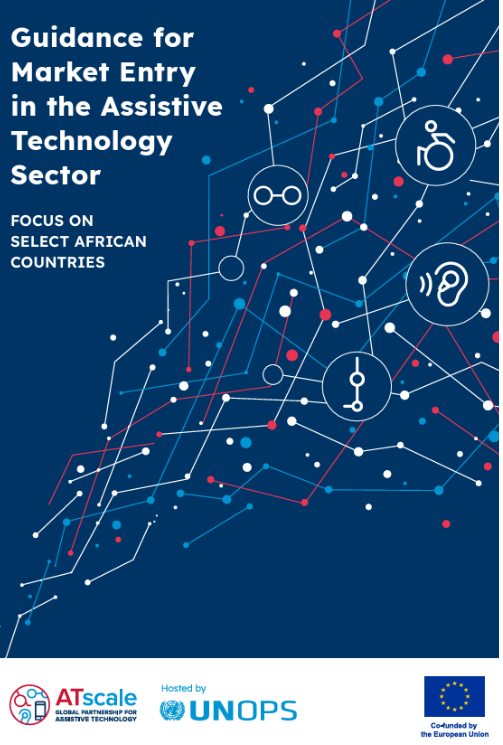
Provides an overview of the assistive technology market landscape in Egypt, including regulatory considerations, key stakeholders, and entry pathways for suppliers and partners.
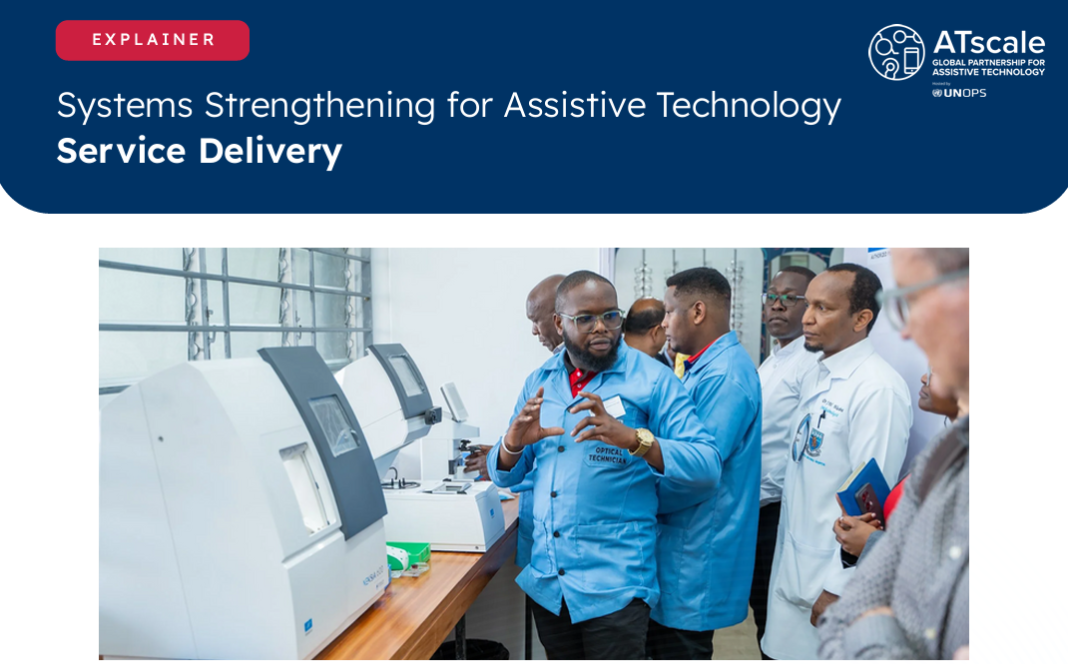
Outlines system-level approaches to strengthening assistive technology service delivery, addressing governance, workforce, financing, procurement, and integration across health and social sectors.
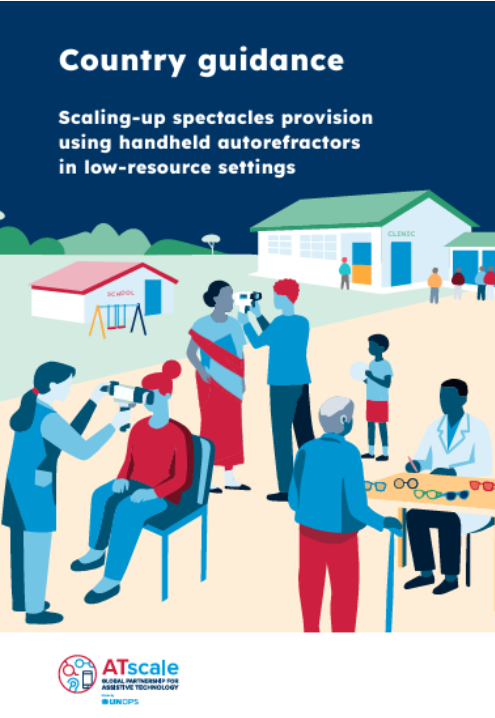
Provides practical guidance for countries on scaling up spectacles provision using handheld autorefracters, including planning, workforce, and service delivery considerations.
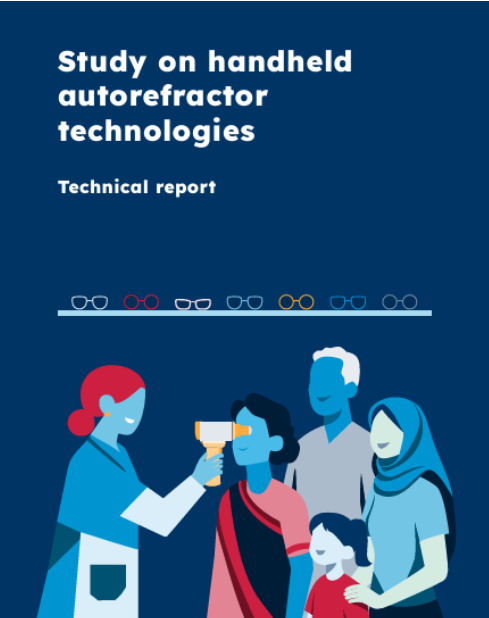
Assesses the technical performance, usability, and implementation considerations of handheld autorefractor technologies, particularly in low-resource and primary care settings.
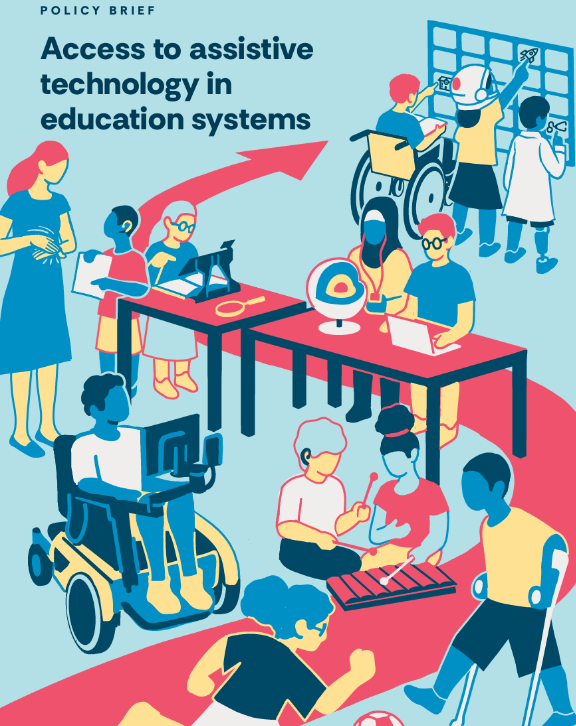
Examines how assistive technology can be integrated within education systems to support inclusive learning, with a focus on policy, service delivery, and system-level enablers.
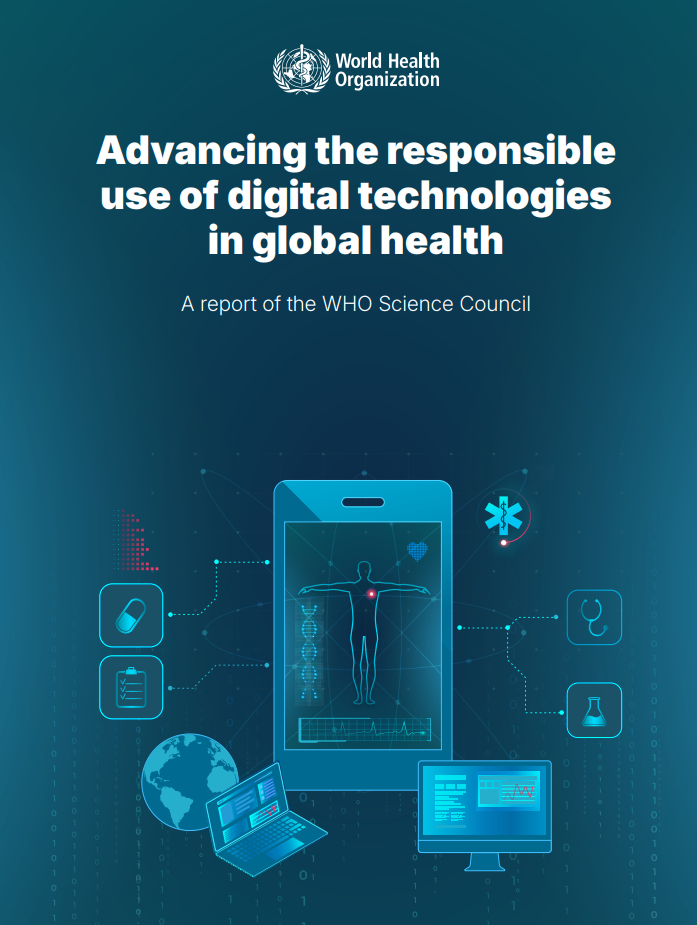
The Science Council of the World Health Organization (WHO) recognizes the potential of digital technologies to enhance global health outcomes, a potential that is starting to be realized in many national health systems around the world.
However, the health sector’s adoption – and the corresponding impact – of digital technologies still lags behind progress being…
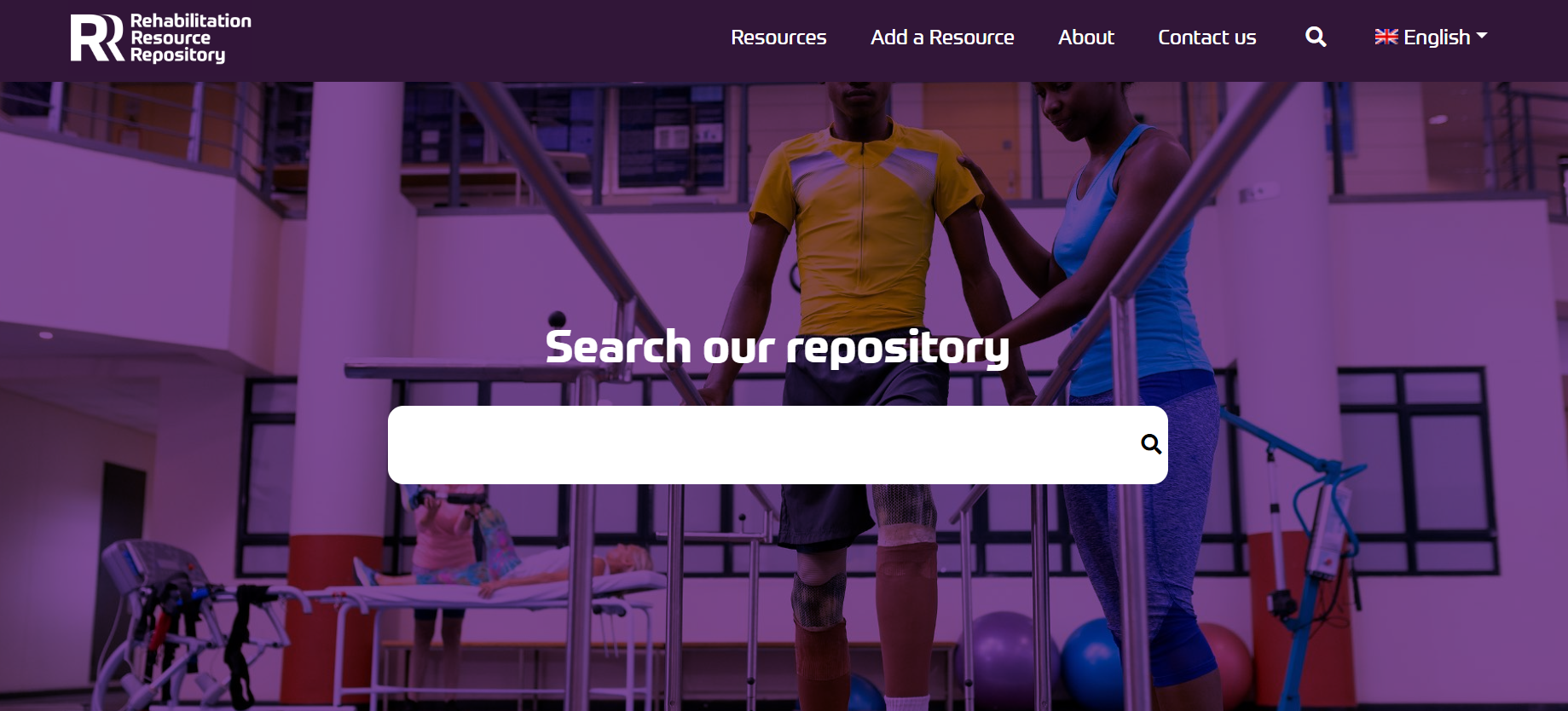
Discover and share open publications and resources that are relevant to rehabilitation professionals and other rehabilitation related health systems stakeholders across the globe.
